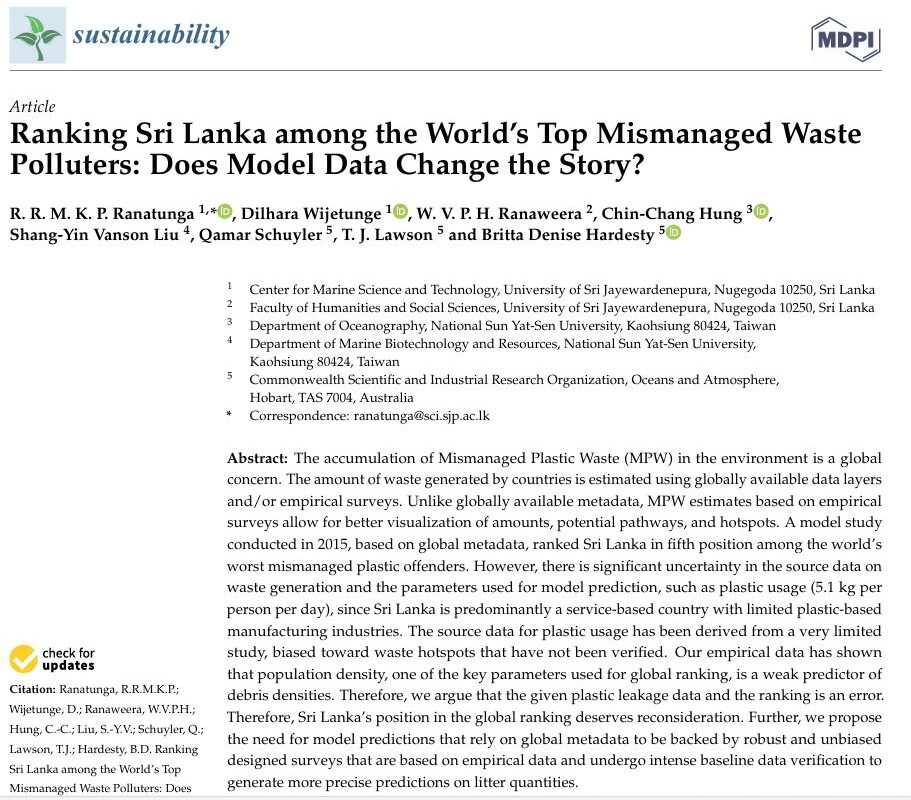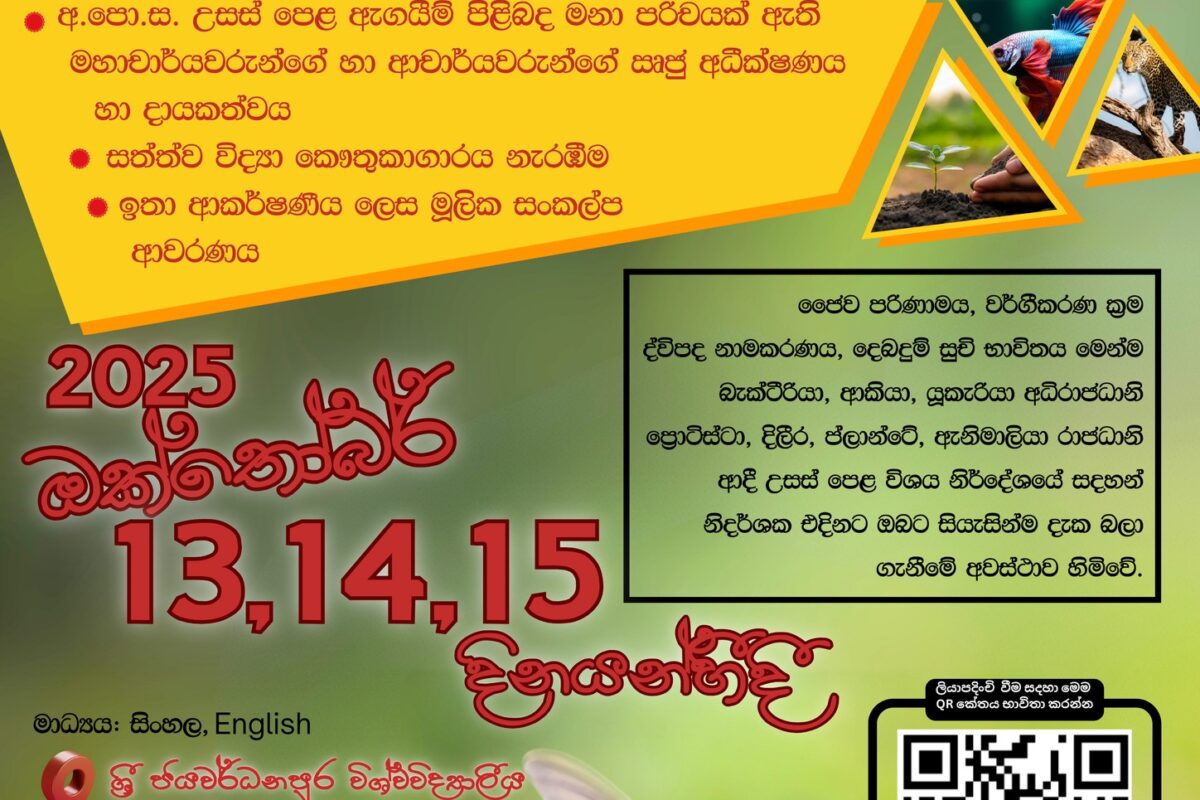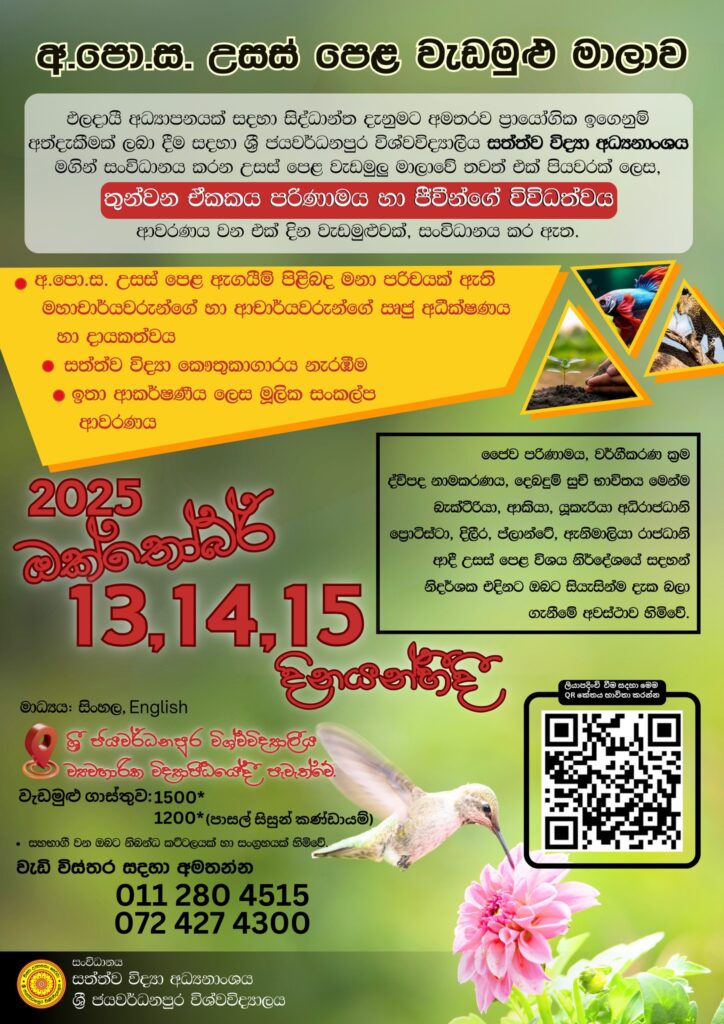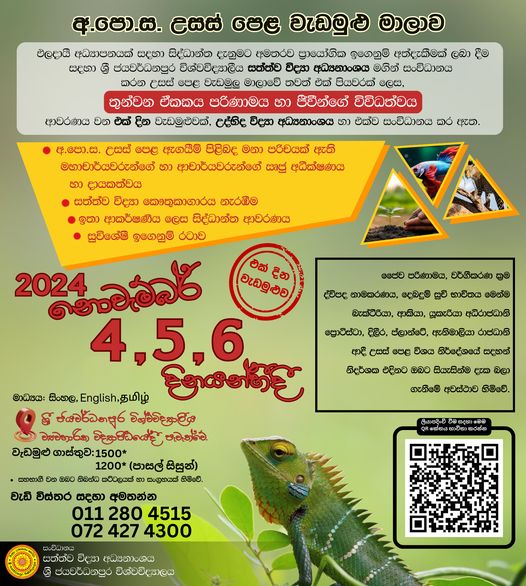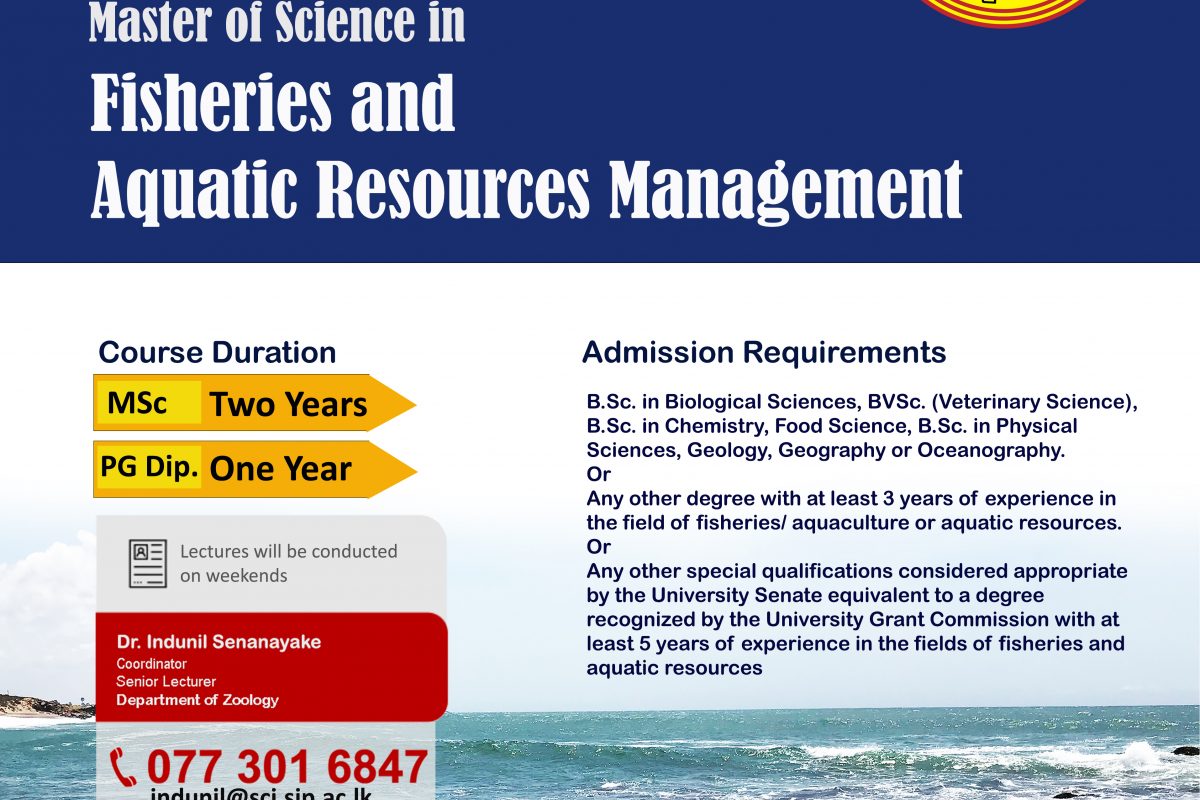Ranking Sri Lanka among the World’s Top Mismanaged Waste Polluters: Does Model Data Change the Story?
By R. R. M. K. P. Ranatunga, Dilhara Wijetunge, W. V. P. H. Ranaweera, Chin-Chang Hung, Shang-Yin Vanson Liu, Qamar Schuyler, T. J. Lawson and Britta Denise Hardesty
Published in: Sustainability
The accumulation of Mismanaged Plastic Waste (MPW) in the environment is a global
concern. The amount of waste generated by countries is estimated using globally available data layers
and/or empirical surveys. Unlike globally available metadata, MPW estimates based on empirical
surveys allow for better visualization of amounts, potential pathways, and hotspots. A model study
conducted in 2015, based on global metadata, ranked Sri Lanka in fifth position among the world’s
worst mismanaged plastic offenders. However, there is significant uncertainty in the source data on
waste generation and the parameters used for model prediction, such as plastic usage (5.1 kg per
person per day), since Sri Lanka is predominantly a service-based country with limited plastic-based
manufacturing industries. The source data for plastic usage has been derived from a very limited
study, biased toward waste hotspots that have not been verified. Our empirical data has shown
that population density, one of the key parameters used for global ranking, is a weak predictor of
debris densities. Therefore, we argue that the given plastic leakage data and the ranking is an error.
Therefore, Sri Lanka’s position in the global ranking deserves reconsideration. Further, we propose
the need for model predictions that rely on global metadata to be backed by robust and unbiased
designed surveys that are based on empirical data and undergo intense baseline data verification to
generate more precise predictions on litter quantities.


